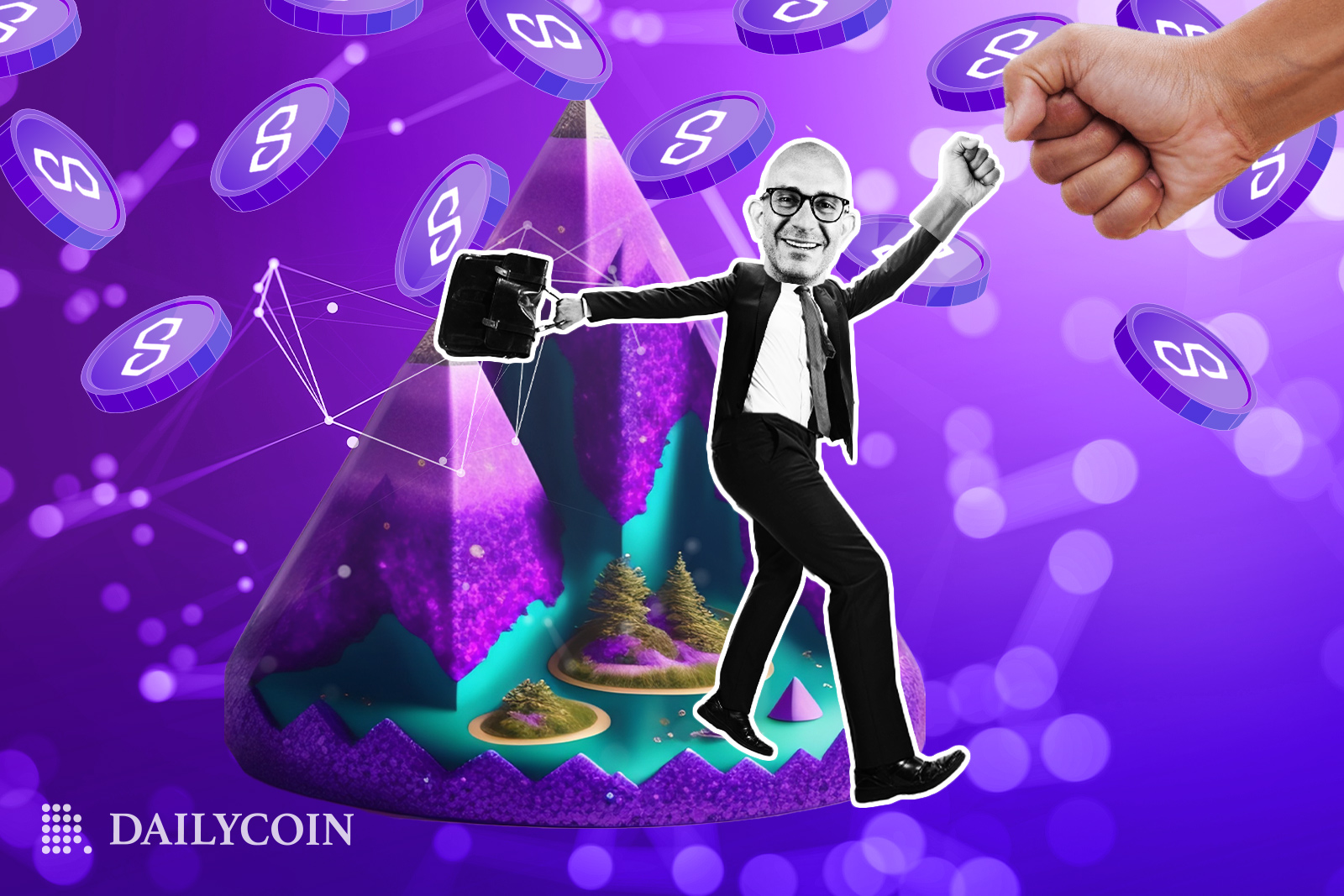
- Hamilton Lane will provide investors with a $2.1 billion flagship fund on the Securitize tokenization platform.
- With Securitize’s feeder fund, the investment platform will offer qualified investors access to $5 million in assets.
- Both platforms will likely launch two more feeder funds in the next few months.
- Polygon has continued to thrive, becoming one of the fastest-growing ecosystems.
Hamilton Lane, a leading global investment platform, will use the Securitize tokenization platform based on Polygon to provide a $2.1 billion flagship fund to individual investors.
In a recent announcement, Polygon hinted that Hamilton Lane, as part of its Equity Opportunities Fund V, intends to offer a way for individuals to access the firm’s private equity asset class through Securitize feeder fund via tokenization.
Leading global investment firm @Hamilton_Lane is tokenizing its $2.1b flagship fund by leveraging @Securitize’s platform exclusively #onPolygon 👏
— Polygon (@0xPolygon) January 31, 2023
Tokenization opens opportunities to a new class of investors by digitizing assets on the blockchain.https://t.co/V32qDIkvJV pic.twitter.com/yE839GYLBc
By leveraging the Securitize tokenization platform on Polygon, Hamilton Lane will offer at least $5 million in assets to qualified investors with a minimum investment of $20,000.
Meanwhile, both platforms are expected to sustain the collaboration to launch two more feeder funds in the next few months. Hamilton Lane boasts $823.9 billion worth of assets under management.
Securitize has also supported numerous private market investments, including a $25 million fine art fund.
Sponsored
Reacting to the development, the global head of institutional capital at Polygon labs, Colin Butler, said the tokenization of private funds remains a step forward for investors and funds managers. Additionally, he expressed Polygon’s commitment to ensuring that these asset classes are accessible, secure, and scalable.
Polygon Thriving in its Quest to Onboard Users to Web3
Lately, Polygon has continued to thrive, becoming one of the fastest-growing ecosystems. It ended 2022 after collaborating, integrating, and hosting multiple projects. Polygon started the new year with the same momentum, integrating Fractal into its network on January 24.
With this integration, Fractal’s product suite, F studio, NFT launchpad, and marketplace will be available on Polygon. Further, the integration allowed Polygon Ventures to strategically invest in Fractal to improve the gaming platform’s service to end-users.
On January 31, Polygon welcomed K-pop girl group aespa, Paper magazine, and The Dematerialised to its ecosystem. According to the scaling platform, the trio will bring a digital capsule collection to the network. Further, it also partnered with Meroku store, a decentralized app store, to launch an open-source developer tool kit.
On the Flipside
- Recently, Polygon has seen many firms take advantage of its Layer-2 scalability network. Some projects are moving out of their existing networks, like Solana, to take advantage of the platform. With a transaction speed of up to 65,000 TPS and low transaction fees, Polygon may give Solana some competition, which has recently been impacted more by the FTX collapse.
Why You Should Care
The assets with high performance have typically been illiquid and mainly possessed by major institutions, sovereign wealth funds, and university endowments. The tokenization of assets and subsequent fractional ownership offers buyers more investment options and benefits sellers by expanding their clientele.
You may also like:
GameFi Platform Fractal Expands to Polygon with 30 Ecosystem Launch Partners
Polygon, Animoca, and More Back Intella X in $12 Million Private Funding Round
